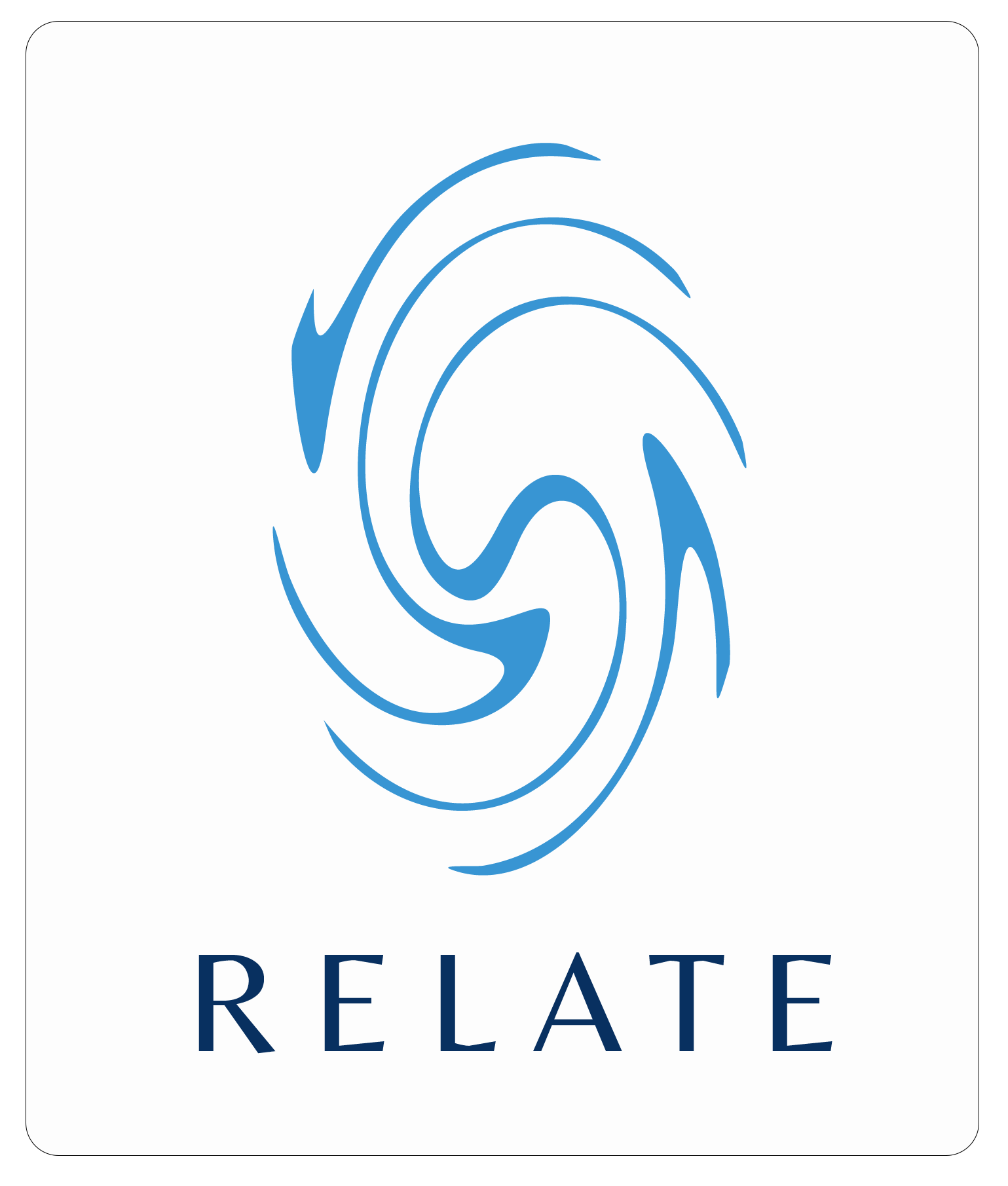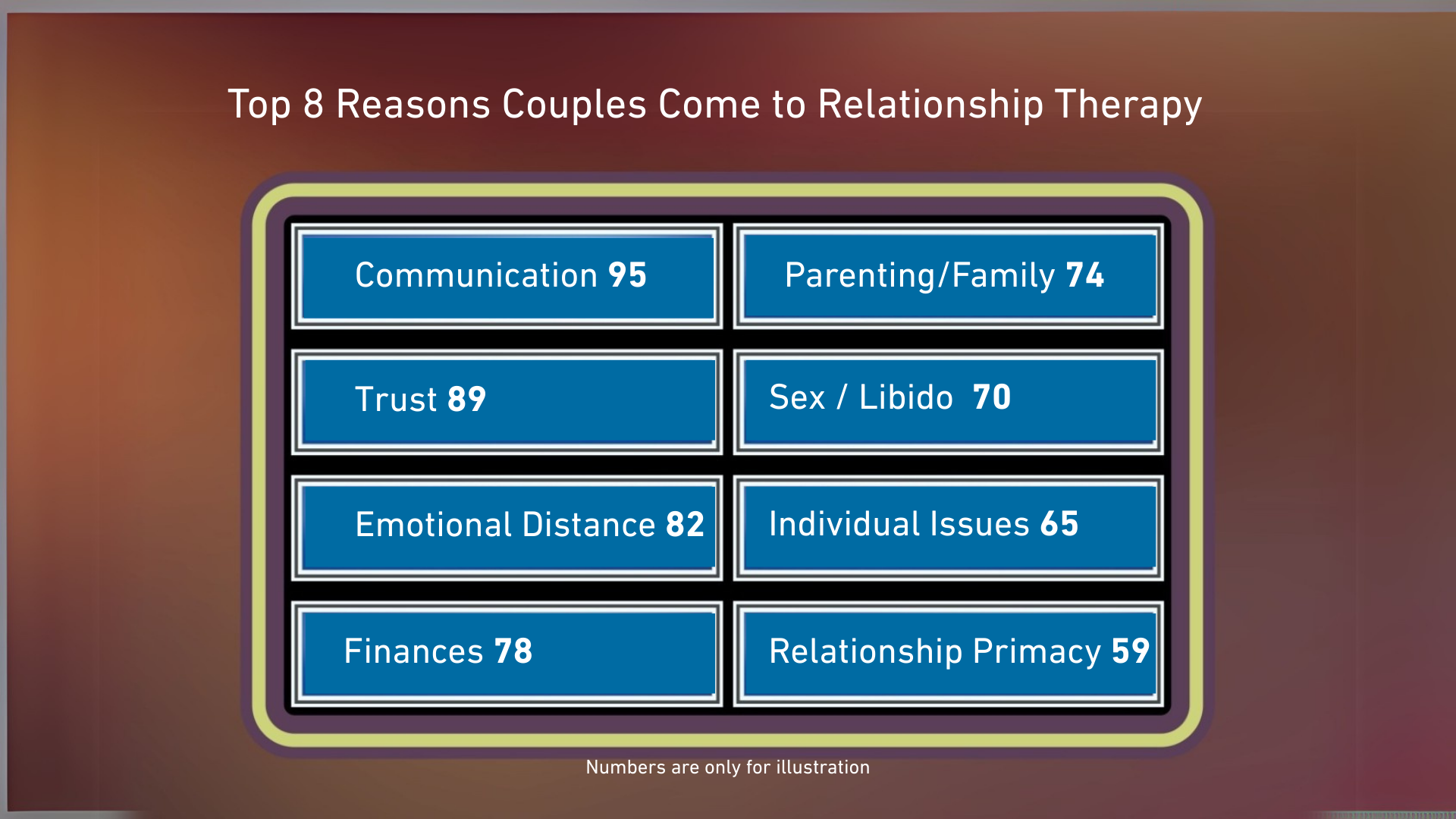When Trust Shatters: Understanding Betrayal in Relationships
Most people associate betrayal with affairs. And yes, infidelity can be a devastating rupture in any relationship. But betrayal is not just about sex or secrecy—it can take many forms, both big and small.
Have you ever:
-
Felt your partner didn’t support you in a moment you needed them most?
-
Been hurt because they forgot something important to you?
-
Felt emotionally abandoned during a time of crisis?
- Betrayal occurred in past relationships and you're wondering, "Will it happen again"?
These moments may not seem dramatic, but they leave cracks. Over time, those cracks become deep fault lines that compromise the foundation of trust in a relationship. That’s betrayal too.
From a missed milestone to full-blown infidelity, betrayal exists on a spectrum. And no matter where it falls, the damaged trust is a problem.
The good news? Healing is possible.
What Is Betrayal, Really?
Betrayal occurs when one partner breaks an unspoken agreement of emotional safety. That agreement might be about honesty, exclusivity, presence, or reliability.
At its core, betrayal says:
"I thought I could count on you. But in that moment, I couldn’t."
Examples of betrayal beyond affairs:
-
Emotional neglect: Not checking in when your partner is struggling
-
Broken promises: Repeatedly saying you'll change... and not
- Injury: A car accident or angry outburst
- Addition: Alcoholism, drug abuse or pornography addiction
-
Public embarrassment: Mocking your partner or putting them down in front of others
-
Abandonment during key life moments: Not showing up when it mattered most
These may seem minor in isolation, but they erode connection over time. When trust is broken—even subtly—partners begin to protect themselves, rather than lean in.
Relate knows that many people carry old betrayals from past or present relationships—and continue to struggle with trust even when their circumstances change. One of Relate’s primary goals is to help people experience the freedom of being in a truly trusting relationship.
The Psychology of Betrayal: Why It Hurts So Deeply
Trust isn’t just a virtue—it’s a biological and emotional need. When we attach to someone, our brain wires them in as our safe place. We feel secure when we believe they will consistently meet our emotional needs.
When that safety is violated, we don’t just feel hurt. We feel abandoned, disoriented, and profoundly unsafe.
In fact, many people experience betrayal as a form of betrayal shock, complete with symptoms like:
-
Obsessive thinking
-
Emotional numbing
-
Anger and outbursts
-
Difficulty sleeping or eating
-
Loss of self-worth
When you don't feel safe in your relationship, it's nearly impossible to have vulnerable, open communication—because your nervous system is in survival mode.
“Trust is built in very small moments.”
— Dr. John Gottman, “What Makes Love Last?”
Healing from Betrayal: It Starts with Safety
Whether you're the one who was betrayed or the one who broke the trust, healing starts with rebuilding emotional safety.
Here are the steps to begin the process:
1. Acknowledge the Betrayal (Big or Small)
Stop minimising the hurt. If something your partner did felt like betrayal to you, it matters. Emotional injuries can’t heal if they’re not recognised.
(Honestly, if you are the betrayer after an affair, the broken trust will make this damn near impossible. Reach out to let us help. Don't make things worse.)
2. Understand the Impact
Talk about not just what happened, but what it meant.
"When you didn’t show up to my graduation, I felt unimportant. It made me question whether I matter to you."
This creates space for empathy and accountability, not just explanation.
3. Seek Support
Trying to heal betrayal without tools or guidance is like trying to fix a broken bone without a splint. Our course at Betrayal First Aid offers a step-by-step process designed by relationship experts to help you rebuild trust and connection.
4. Get Honest About Needs and Agreements
Betrayals often occur when unspoken expectations are violated. Healing means making these agreements explicit and clear.
What does emotional safety look like?
What does support mean to each of you?
What needs to change to prevent this from happening again?
(After an affair, this is too much, get professional help).
5. Rebuild Trust Through Small, Consistent Actions
Rebuilding trust isn’t a one-time apology. It’s about:
-
Showing up on time
-
Following through on promises
-
Being emotionally present
-
Listening without defensiveness
These micro-repairs build new relational muscle.
Presence Oriented Relationship Therapy: Designed for Trust
Relate practices and teaches Presence Oriented Relationship Therapy—the only couples therapy model created with trust as a central organising principle.
Most relationship models focus on communication or behaviour change, but Presence Oriented Relationship Therapy begins with the understanding that without trust, no other strategy will stick.
Through this approach, couples learn to:
-
Be fully present with each other emotionally and physically
-
Repair moments of disconnection through attuned responses
-
Rebuild safety through the consistency of care
It’s not just about saying the right thing—it’s about showing up in a way that feels trustworthy.
The Role of Relationship Therapy in Betrayal Recovery
Many couples try to navigate betrayal alone—and get stuck. A trained therapist can help you:
-
Unpack the layers of hurt, shame, and fear
-
Identify your attachment styles and triggers
-
Rebuild emotional intimacy with practical tools
At Relate, our therapists are trained in attachment-based and presence-oriented therapy and work with couples across the betrayal spectrum—from "small hurts" to deep ruptures.
🎯 Explore your options: Relate Team Members
From Rupture to Repair: Why Healing Betrayal Is Worth It
Betrayal can feel like the end. But in many relationships, it becomes a turning point.
When a couple chooses to work through the pain instead of burying it, they often:
-
Discover a deeper level of communication
-
Rebuild trust more intentionally than before
-
Learn to show up for each other in ways they never did before
And that’s the paradox: betrayal breaks the relationship open. But what you do next determines whether it becomes the breaking point or the breakthrough.
Ready to Begin Healing?
Whether you’re reeling from a betrayal or trying to repair the damage you caused, you don’t have to go it alone.
Start the healing journey today: Betrayal First Aid is a self-guided, expert-developed programme designed to help couples heal trust and reconnect after betrayal.
Need personalised guidance? Meet our therapy team and take the first step towards rebuilding a secure, resilient relationship.
Final Thought: Trust Can Be Rebuilt—One Conversation at a Time
Betrayal doesn’t have to define your relationship. With the right support, structure, and commitment, you can rebuild not just trust, but a deeper, more connected partnership than ever before.
The first step? Facing the pain, together.







